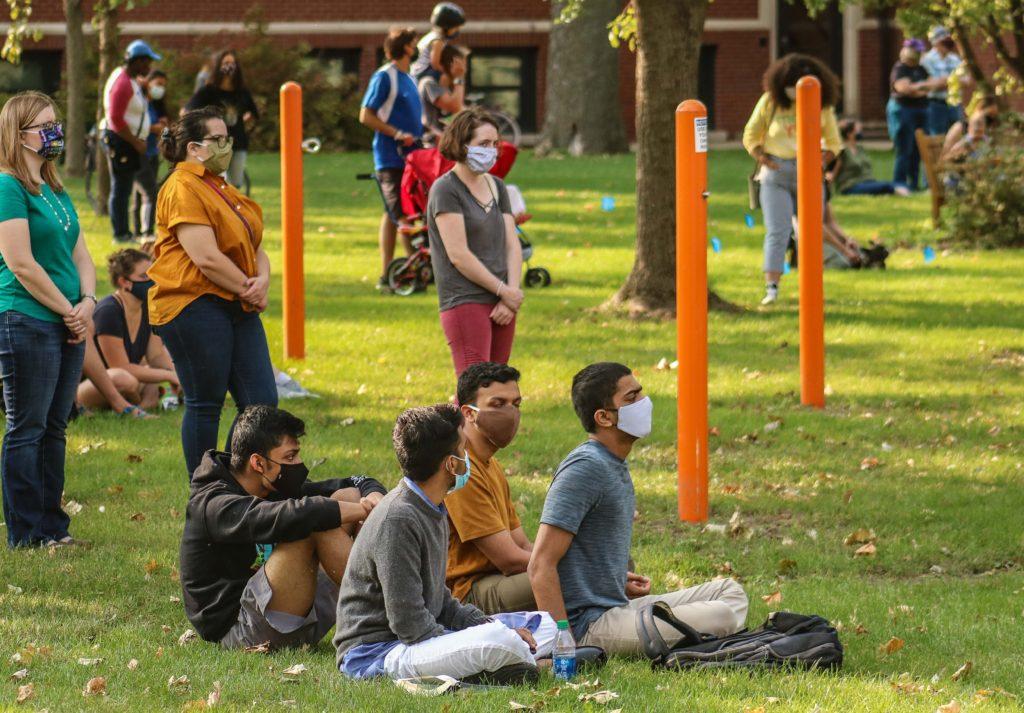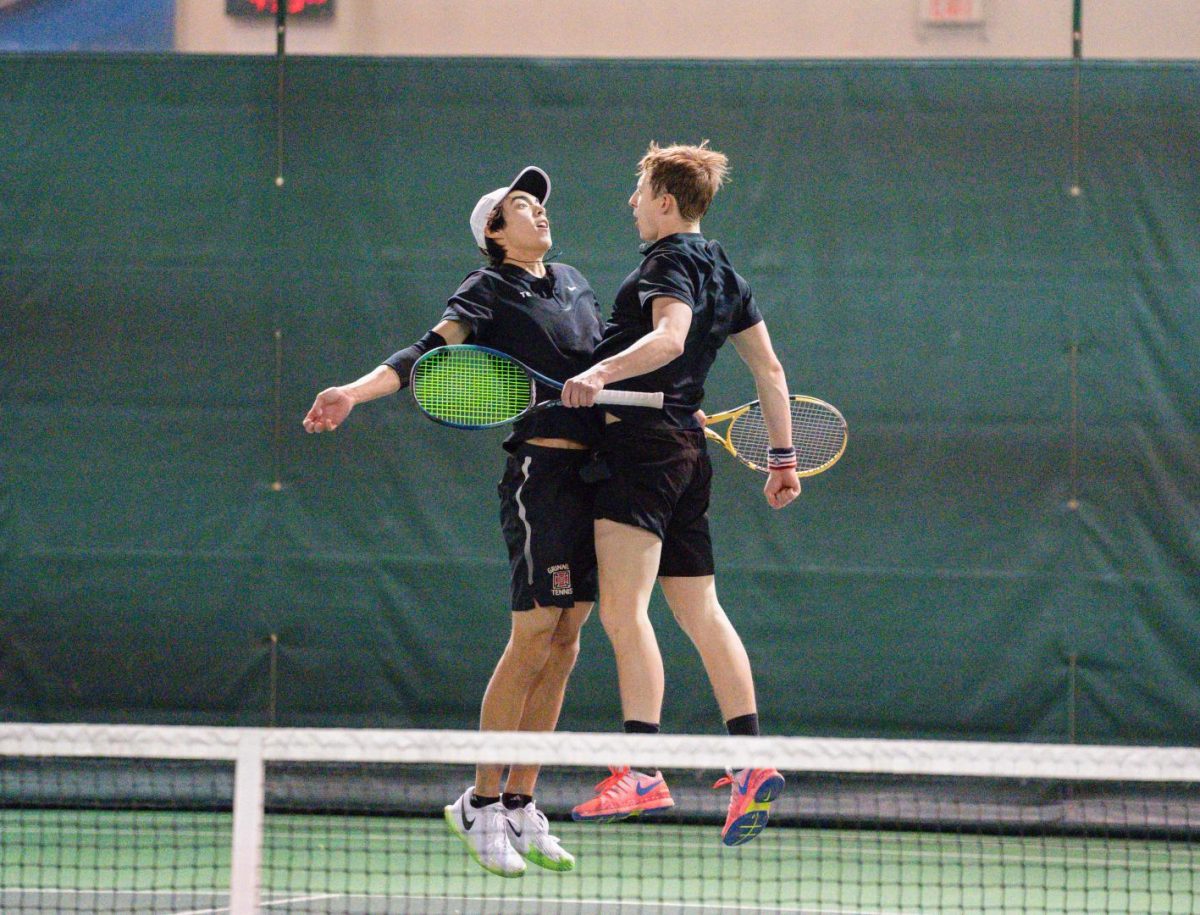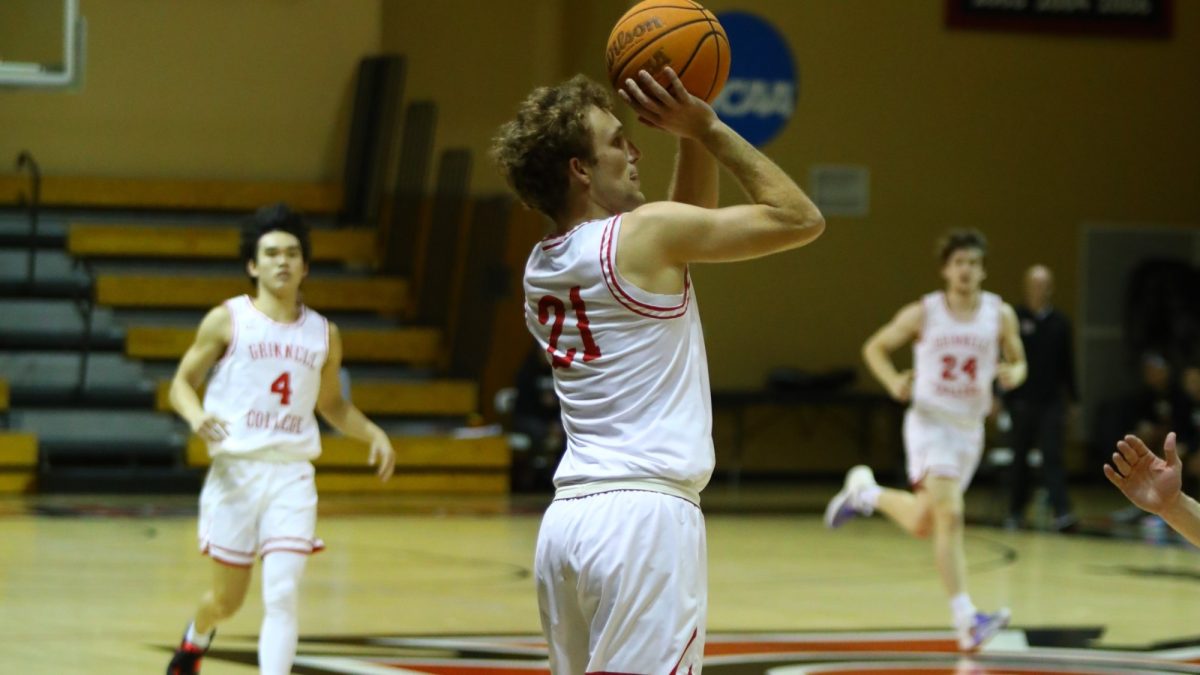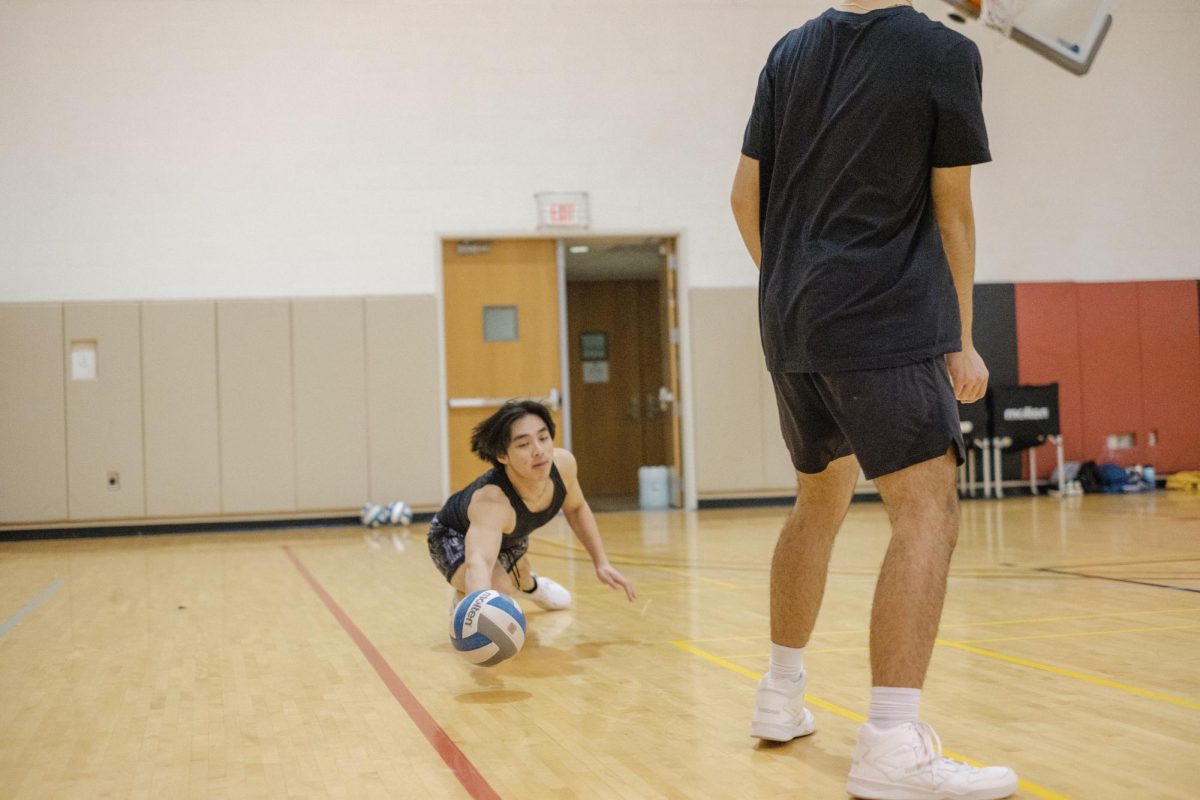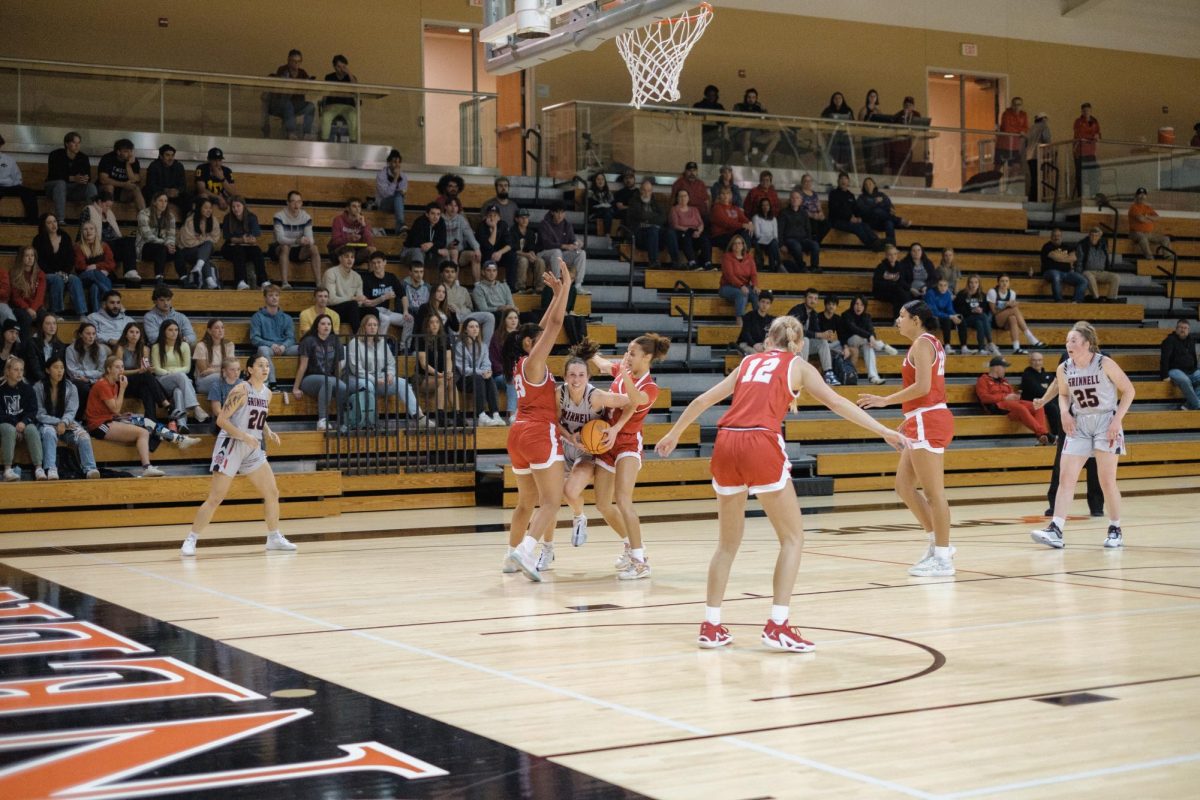“I want to begin by taking a moment of silence to remember and honor the life of Michael Williams.” This call for silence from Rev. Deanna Shorb, dean of religious life for the College, at the start of Monday’s on-campus vigil in memory of Williams, was one of the few mentions of the man whose burned body was found last week and whose death is being investigated as a homicide.
The vigil marked one of the first major in-person gatherings held on campus since the College closed in March. But overall, students left the vigil feeling that the event consisted of performative empathy towards Black community members as opposed to real anti-racist action.
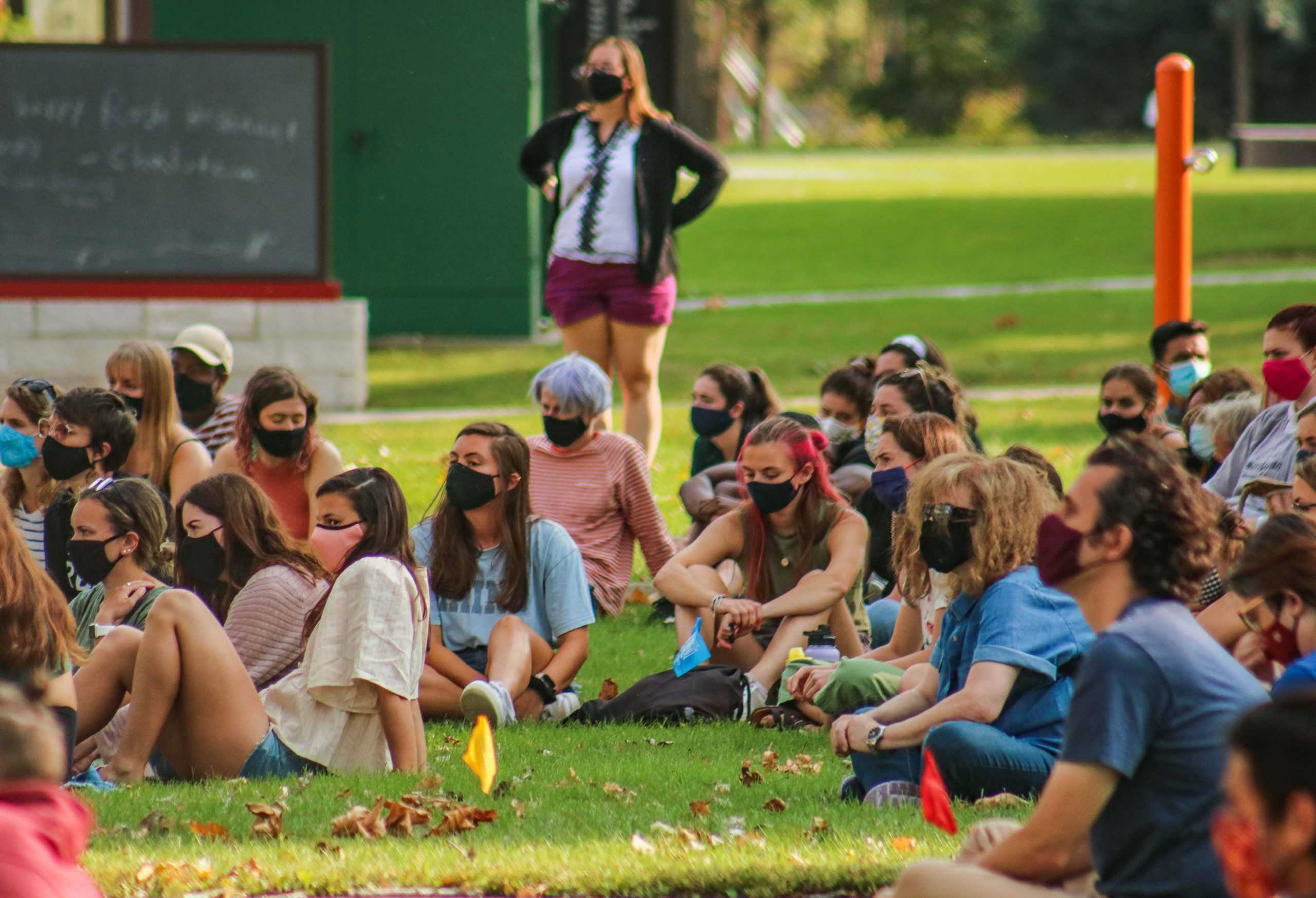
Michael Williams was a Black man from Grinnell whose body was discovered burning in a ditch in Jasper County last Wednesday. The killing shocked and frightened many local community members, particularly Black students and faculty. Four suspects have been accused in a criminal complaint in connection with Williams’ death and both investigating authorities and the president of the Iowa-Nebraska NAACP said that at this time they do not believe the killing was racially motivated.
But over the weekend, Williams’ killing started a public dialogue in the College community about a long-term and far-ranging lack of personal safety and security felt by Black students, faculty and staff in overwhelmingly-white Grinnell.
At the vigil, held on Younker Beach at 4 p.m., all of the speakers were white women, two of whom quoted Black women. The whiteness of the event was reinforced by the lack of diversity in the crowd itself.
Gabby Gordon ’22 said that although she was happy that the school acknowledged the tragedy, “It’s Grinnell, so there were white voices, and there were white voices projecting the words of not-white voices.”
After a short introduction from Associate Vice President Sarah Moschenross, Shorb spoke on the loss felt by the community and on behalf of her colleague Professor Kesho Scott, American studies, quoting her saying, “It is not most important to know, she says, if this was a hate crime. This is a life lost, and a life of a black skinned person. Our current national context makes this even harder.”
Following Shorb came College President Anne Harris, who spoke further about how Williams’ murder played into the current political moment. Harris said that the current “violence against black bodies, the violence against communities, has become local experience.” Harris called for the community to “turn our care” and “to center Black lived experience.”
It’s Grinnell, so there were white voices, and there were white voices projecting the words of not-white voices.
– Gabby Gordon ’22
Harris then introduced Professor and Faculty Chair Vida Praitis, biology. Praitis addressed the pause the College took from daily campus life on Monday, explaining the need to halt “business as usual” and reflect on the death of Michael Williams. Praitis quoted from a letter written by Angela Onwuachi-Willig ’94, a member of the Board of Trustees and a dean and professor at Boston University School of Law. The letter spoke to the emotional toll and exhaustion felt by Onwuachi-Willig following the murder of George Floyd, and the deep pain felt by her as mother of Black children, for whom she fears greatly.
The vigil concluded with Shorb opening the space for discussion among audience members in a less formal manner. When she stepped away from the microphone, a prolonged silence followed, with the audience at an apparent standstill. Eventually, the crowd started to move, with groups shifting and various one-on-one and group-to-group discussions beginning from six feet apart – a distance designated by small red flags planted across the various lawn areas.
Sofia Carr ’22 said, “I’m super glad they did [hold the vigil], but also, I feel like now they’re just gonna wash their hands of it.” Carr ’22 described herself as “still jaded about whether or not the College is actually gonna do anything about it.”
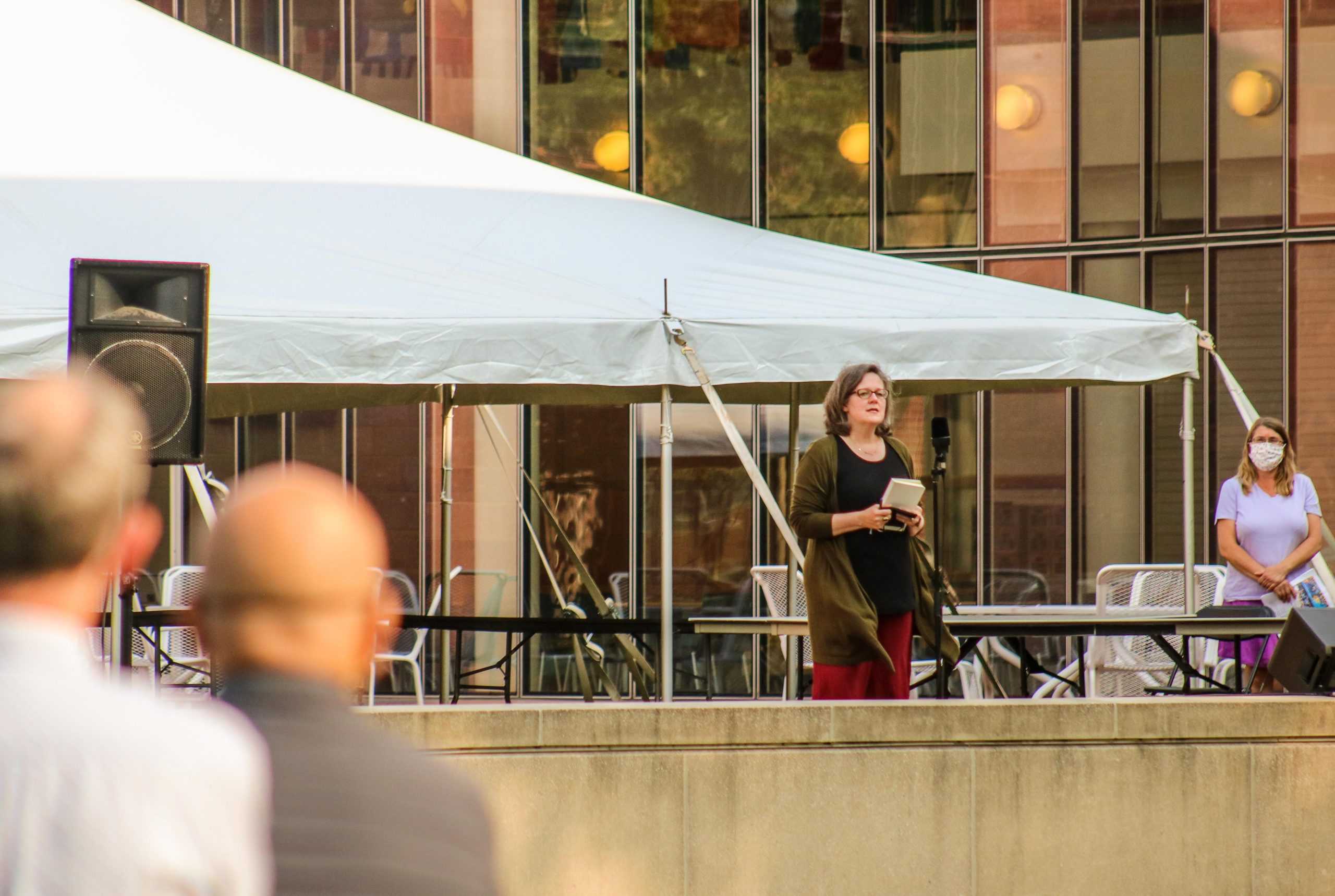
Declan Jones ’21 agreed. “There’s just been a lot of holding space and acknowledging tragedy, but at this point I’m not sure … how much better that can make students of color feel if it’s and when it’s not followed up by immediate action.”
“Classes were canceled today, but what’s going to happen tomorrow?” asked Jones.
In addition to its lack of Black voices and proposals for direct action, the vigil itself did not appear to serve to memorialize Michael Williams, in whose memory the event was purportedly held. The audience did not learn anything specific concerning Williams’ life and those he left behind, and Williams’ family was not present.
Another vigil for Williams was held this week at UCC church in Grinnell on Wednesday, Sept. 23 at 6:45 p.m..

















































